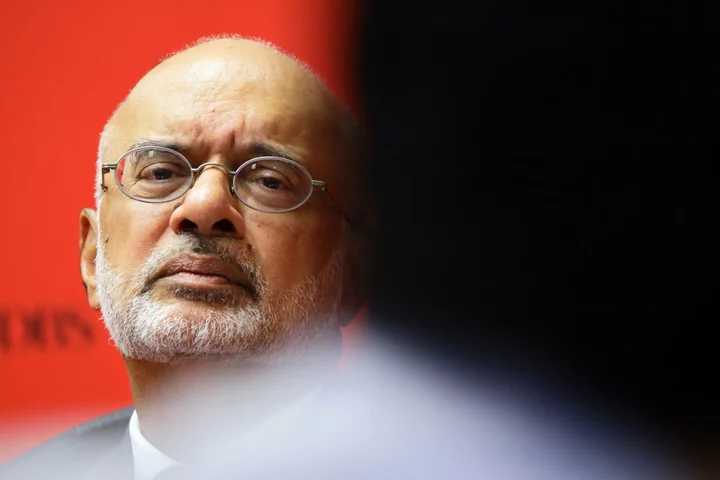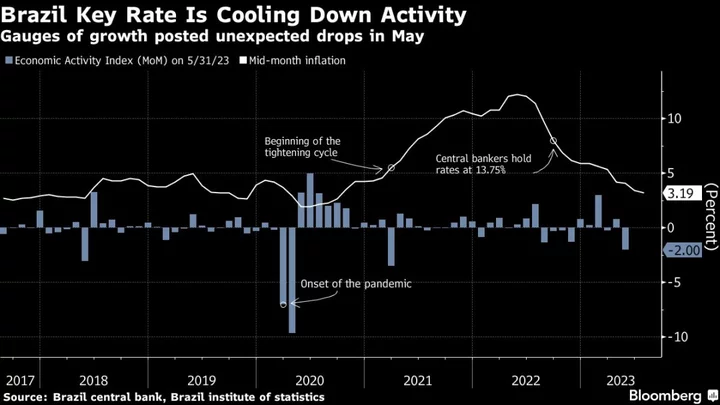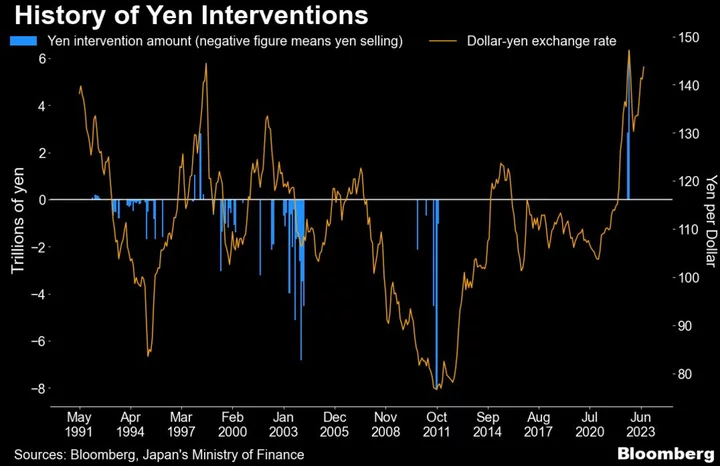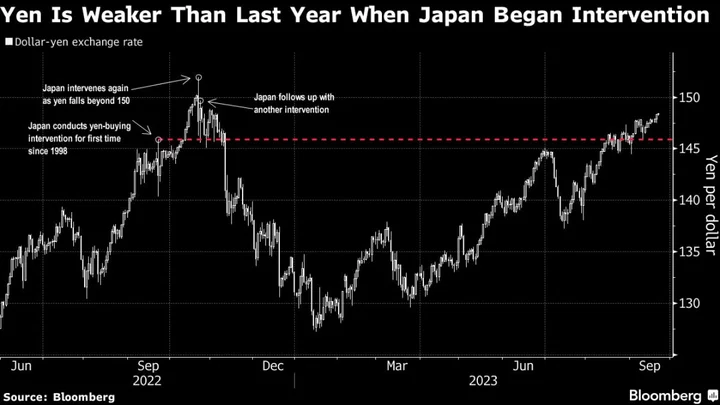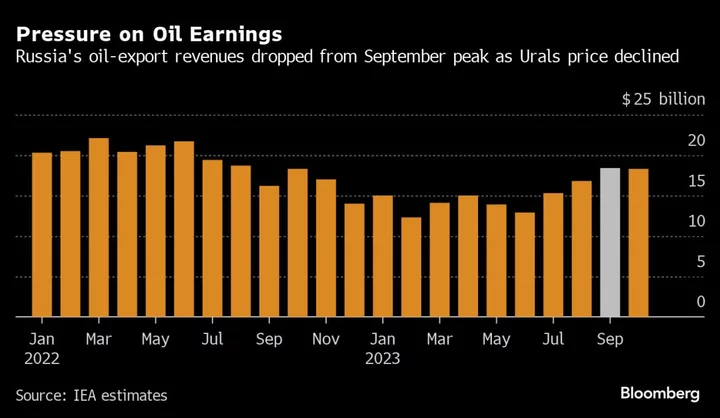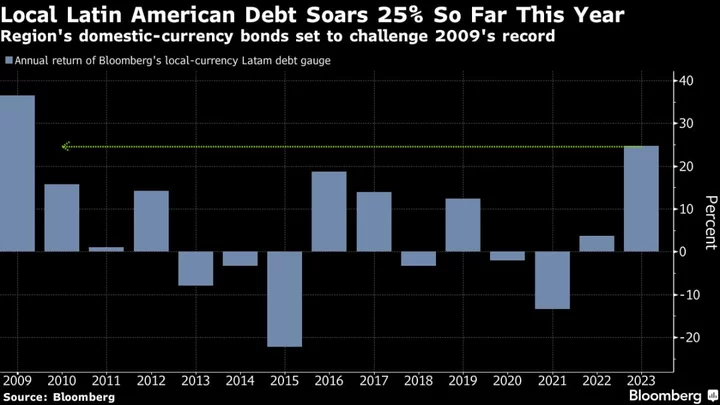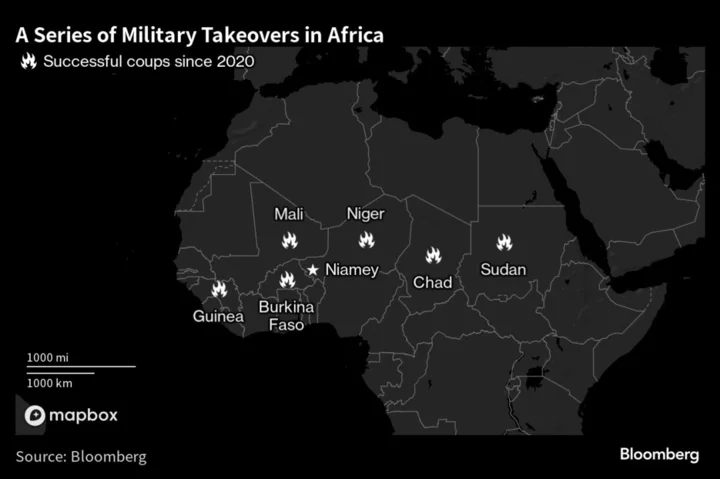Singapore needs to figure out how to better deploy its sizable reserves and leverage its wealthy status by investing more in the region, according to Piyush Gupta, the chief executive officer of the city-state’s largest bank.
“We’ve still not caught up around the fact that we are a rich country,” the head of DBS Group Holdings Ltd., said at a conference titled Reinventing Destiny on Monday. “We have capital resources, how do we put it to work to create competitive advantage?”
The financial hub has over the years accumulated a large, undisclosed sum of reserves, which has been estimated at over a trillion dollars, a figure Gupta referenced in his remarks. Still, authorities have mostly batted off calls for a greater deployment of the pile, especially for welfare payouts.
The administration should consider whether to use it to “address the underbelly of society” or more importantly, to scale up Singapore’s presence in new sectors and industries, Gupta said.
It should also consider using capital differently by learning from nations like Japan, and investing long-term in regional countries to get greater solidarity, said Gupta, whose bank is also the largest in Southeast Asia. “Our neighbors think of us as a self-serving country,” he said.
Gupta, a high-profile figure that has led DBS for over a decade, has weighed in on economic issues in the past, including saying that Singapore can afford to raise taxes on the rich and China’s common prosperity drive is a good thing.
On Monday, he also said that Singapore has become “more fearful of failure,” especially now that the wealthy nation has more to lose. Still, the country cannot always be risk-averse due to a fast-changing world, he said.
This view was echoed by former US Treasury Secretary Lawrence Summers who attended the same event remotely. “I wonder how a person with the mixture of traits that Elon Musk has or that Steve Jobs had would function, and would or would not be permitted to flourish in the Singaporean system,” he said. “The optimal amount of rule-breaking in a creative society is substantially greater than zero.”
--With assistance from Xiao Zibang and Selina Xu.
(Updates from sixth paragraph with more comments)

